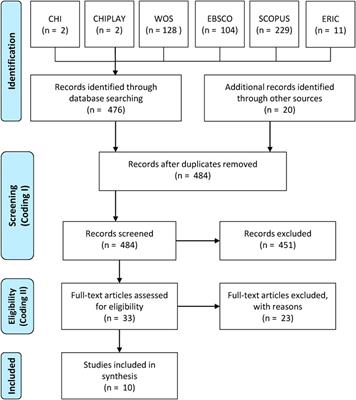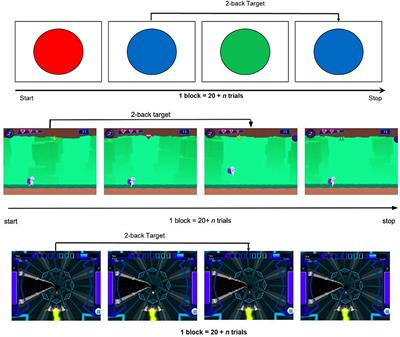EDITORIAL
Published on 27 Apr 2022
Editorial: Adaptivity in Serious Games Through Cognition-Based Analytics
doi 10.3389/feduc.2022.911074
- 525 views
6,182
Total downloads
34k
Total views and downloads
EDITORIAL
Published on 27 Apr 2022
BRIEF RESEARCH REPORT
Published on 14 Apr 2022

ORIGINAL RESEARCH
Published on 24 Mar 2021

SYSTEMATIC REVIEW
Published on 29 Jan 2021

ORIGINAL RESEARCH
Published on 29 Jul 2020

ORIGINAL RESEARCH
Published on 22 Jul 2020

